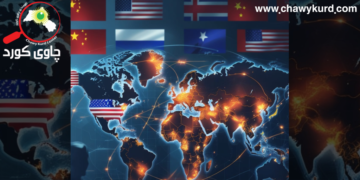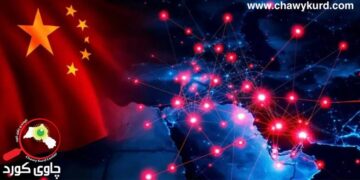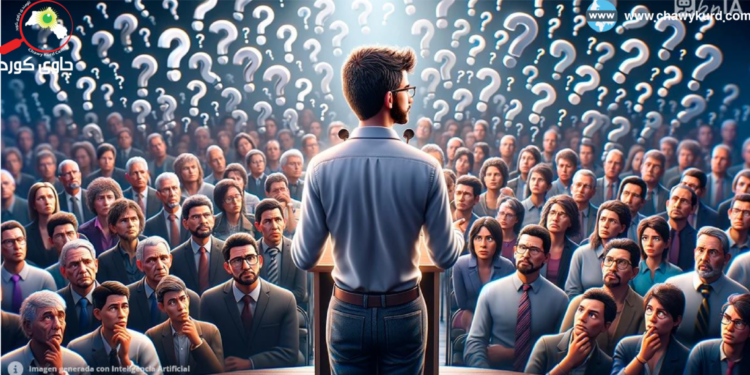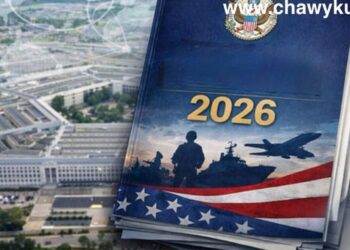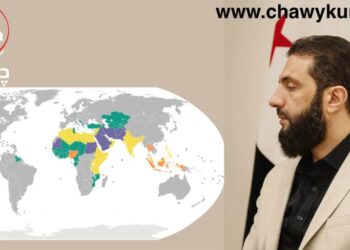The relationship between language and politics is a deep and fundamental one, not just as two separate issues. This connection stems from human existence itself and determines the way we understand the world. When we say that language is the house of life, we can add that politics is the engineer of that house. This means that politics is not just a set of social organizations, but a fundamental condition of existence in which one finds and defines oneself. Politics is an integral part of the structure of human existence itself. Politics is first and foremost about determining who has the right to speak? This is not just a question of freedom of speech, but of who is principally recognized as a speaking entity?
That is, before any political debate, the first political question is who has the right to speak, in what language, and in what context? Every word expressed in language is itself essentially a political act because it defines the boundaries of speech and silence. Politics is basically determining the boundaries between what can be said and what cannot be said. This refers to areas that the political system systematically silences. This silencing is done not only by banning or censorship, but also by determining the framework of permissible language and marginalizing other languages, so that certain voices can never enter the political arena. This is a sign that power does not work only by coercion and repression, but by controlling the linguistic horizon and determining who can speak and how to speak. It imposes its influence. Domination, or persuasion without coercion, is exercised principally through language. Political power always begins through linguistic production. That is, language structures, such as syntax, semantics, and vocabulary become a hidden part of political power. Power doesn’t just make itself known through law and force, it imposes itself through the way we talk, think, and understand the world. The emergence of a unified language precedes the formation of a unified state. This suggests that language unification can be the basis for political unification and the formation of a national identity. The colonial act begins with the imposition of a language. When colonialism imposes a language, it directly imposes a way of thinking and a political structure. This means that language appears as the main source of power and links information and power. This is not just the imposition of a language, but the imposition of an entire system of thought and understanding that deepens colonial power and distorts the identity of the colonized.
One cannot think outside of language. This means that our understanding of the world depends entirely on language. People who have control over language structure also have control over comprehension. We cannot interpret a text or an event through neutral language, because language itself carries predictions and preconditions. That is, any understanding of a text or event is a political act. Distorting language is distorting reality. This statement emphasizes the deep connection between language and reality, in the sense that changes in language can create changes in our understanding of reality and in reality itself. What happens in poetry reflects what happens in politics. That is, political confrontation is essentially a linguistic confrontation.













